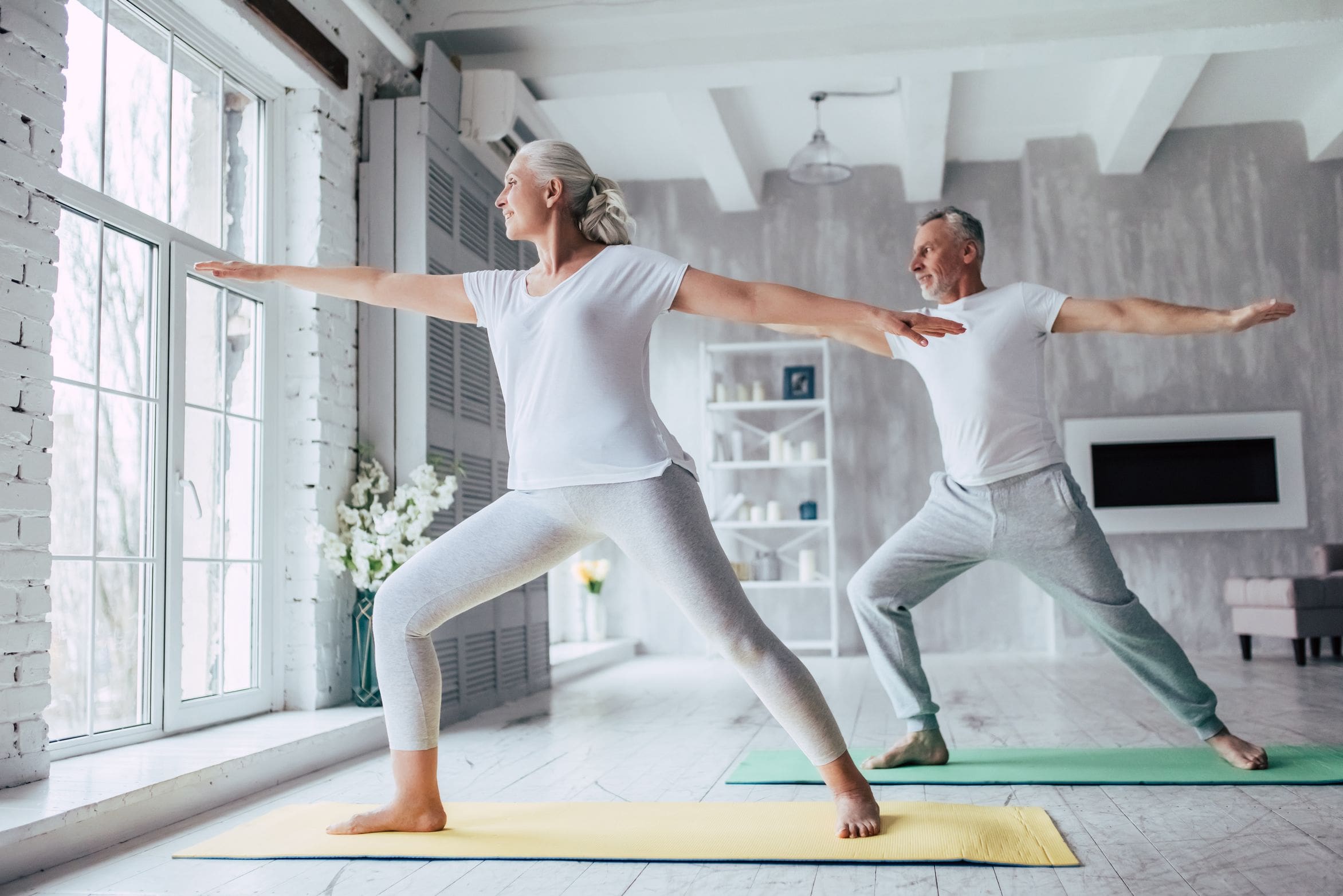A number of factors can cause older people to fall – often with highly debilitating consequences.
As we age, our vision can get worse, our sense of balance disrupted and our muscles begin to weaken. But there are steps that can be taken to reduce the risk of a fall, and they come under two main categories.
There are environmental factors to look out for – so how well an older person’s home is set up, whether there are tripping hazards, whether they might need hand rails in the shower or up small steps to help them. And there are also physical exercise interventions which strengthen the body and a person’s sense of balance. But which exercises are best?
In this review of high-quality studies into falls and exercise, the researchers looked at more than 20,000 people in 25 countries. They collected the data on how often these people had fallen, what sorts of injuries the falls had caused, and whether or not they required hospitalisation.
They were also looking at the types of exercise these people were doing. The exercises fell into a couple of categories, among them balance-style exercises (special programs where people practiced standing on one leg, hopping, and agility) and resistance exercises (where people lifted weights), as well as Tai Chi.
Balance and coordination programs led to the biggest reduction in falls, while the jury’s still out on whether weight training works.
They found that overall, exercise reduced the number of falls by about 25 per cent compared with doing nothing and when they looked particularly at which types of exercise helped, balance-style exercises came out on top.
It wasn’t clear whether resistance training was beneficial on its own but when coupled with balance and coordination exercises it was helpful. Tai Chi was good too, though the evidence of its benefits was less strong overall.
Implications
If you’re concerned about the risk of falling for yourself or a loved one, you might like to seek out balance or coordination-based programs.
Classes are sometimes offered at community centres around the country, or you could speak to your GP about being prescribed a form of coordination training, perhaps involving a physiotherapist or exercise physiologist.





